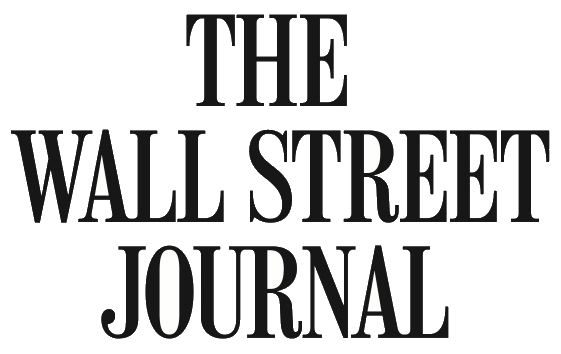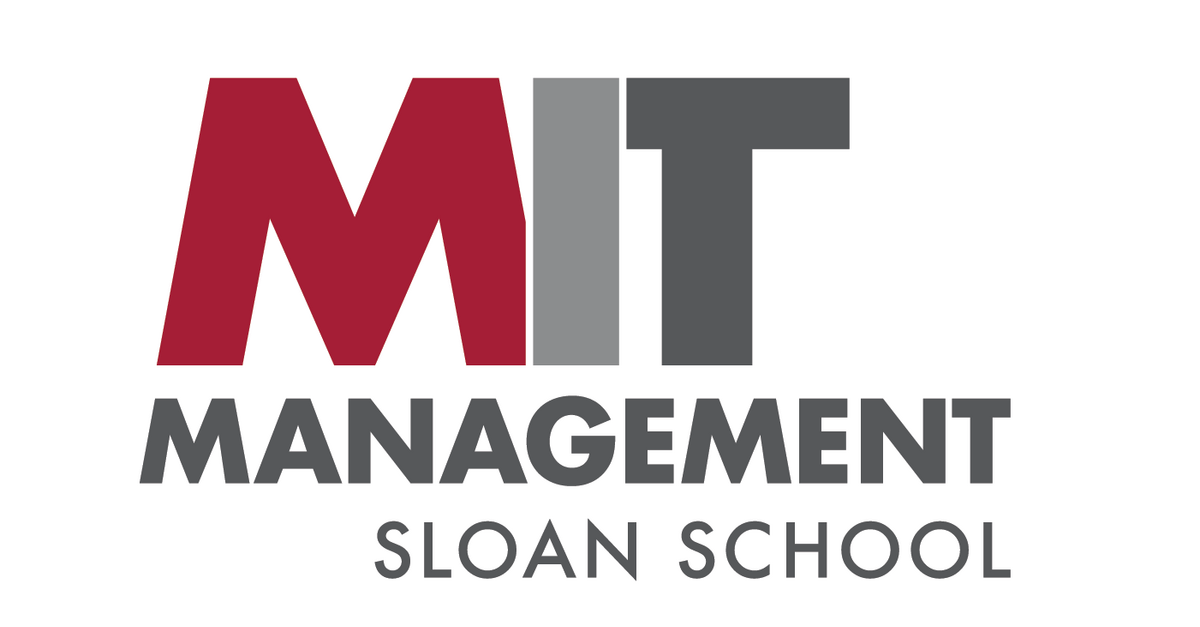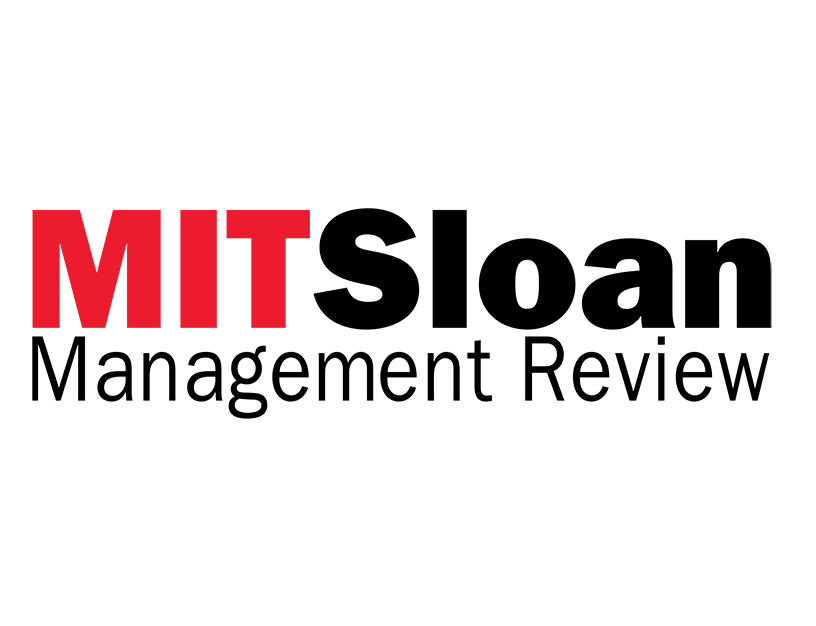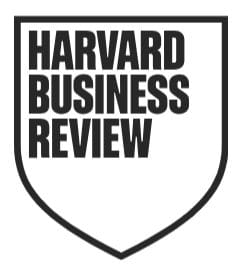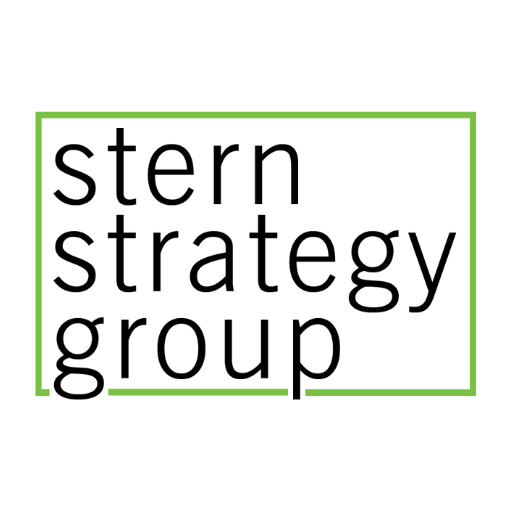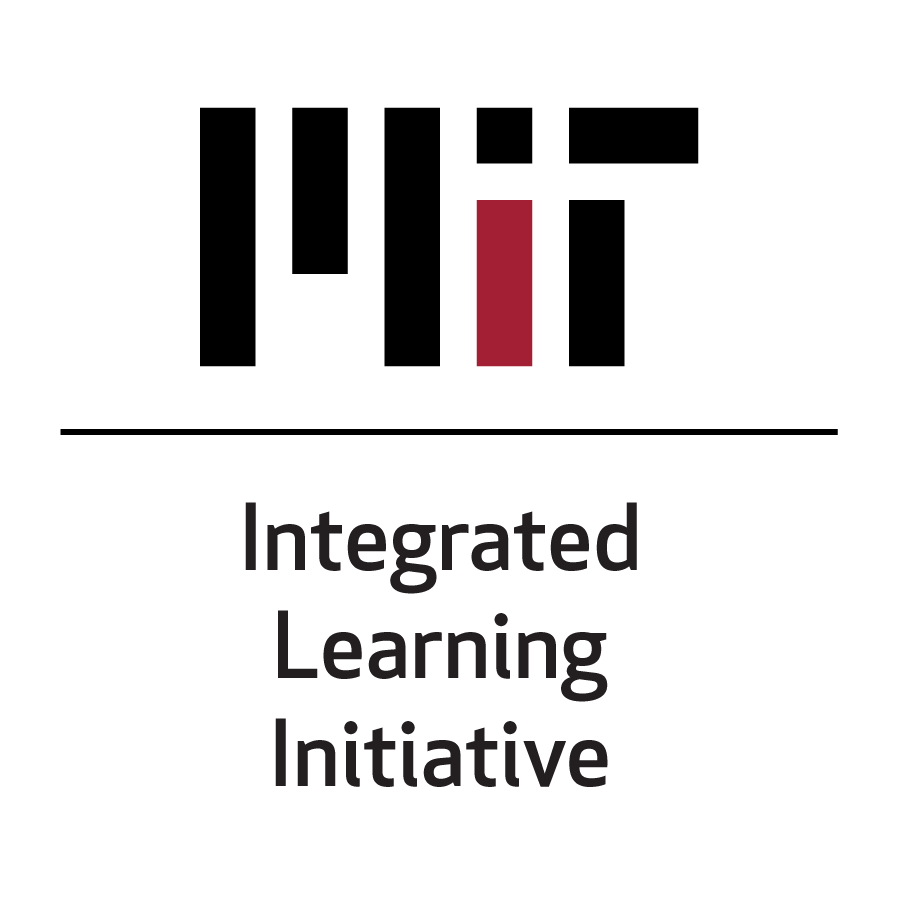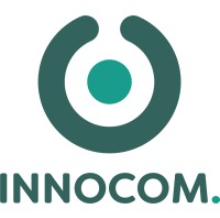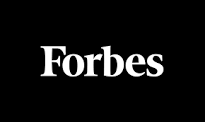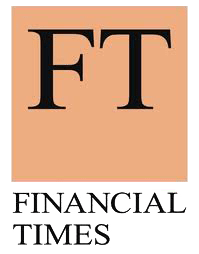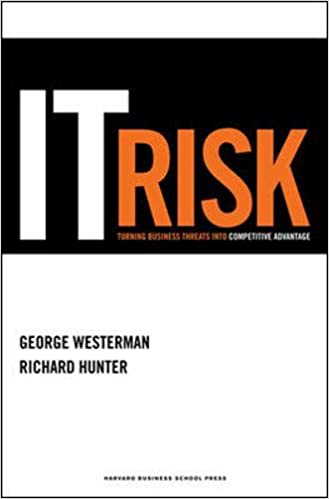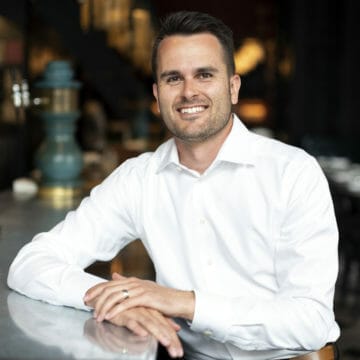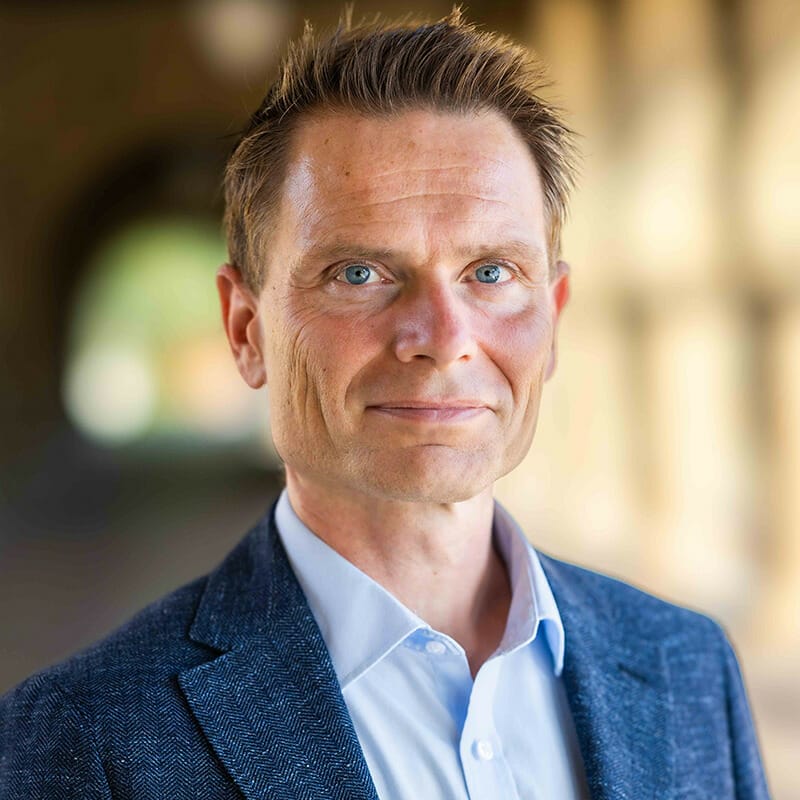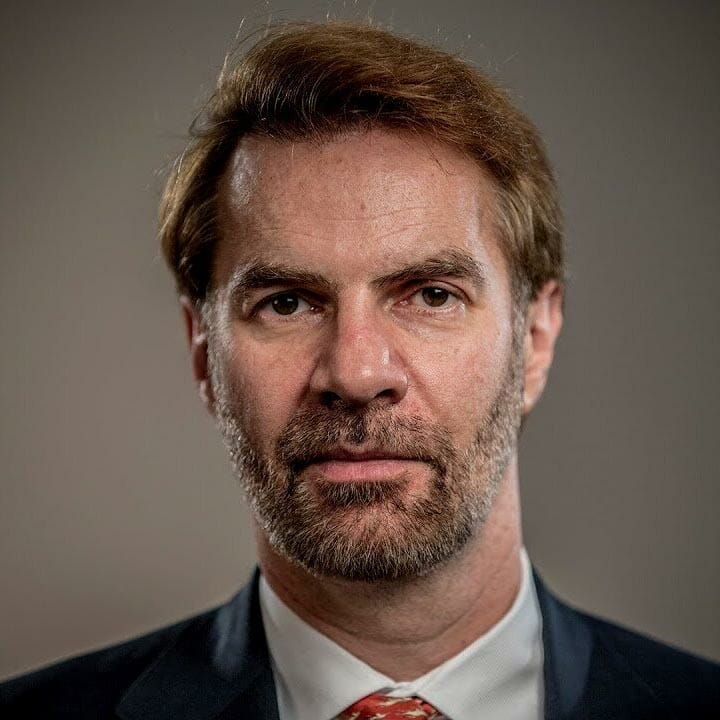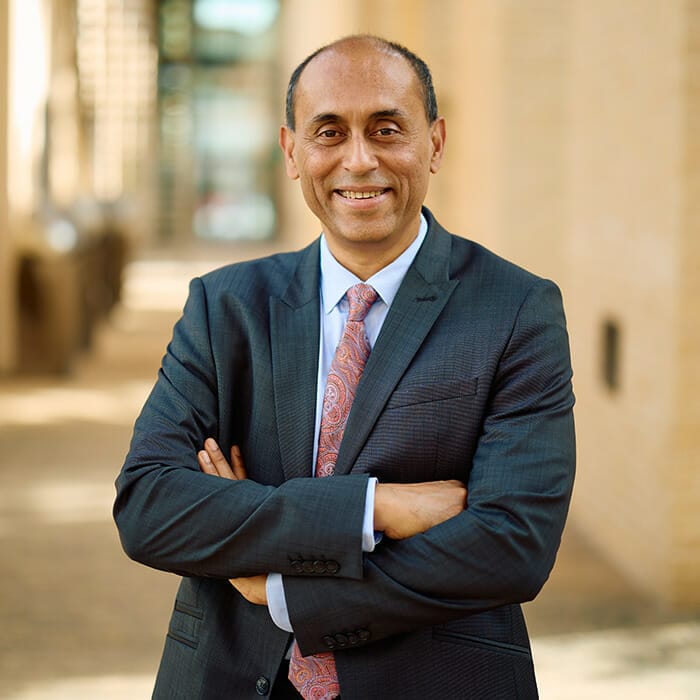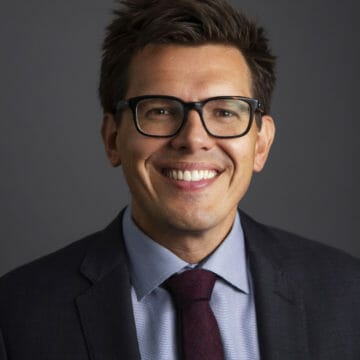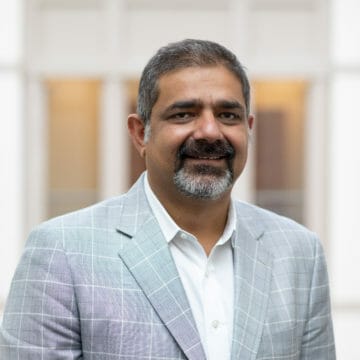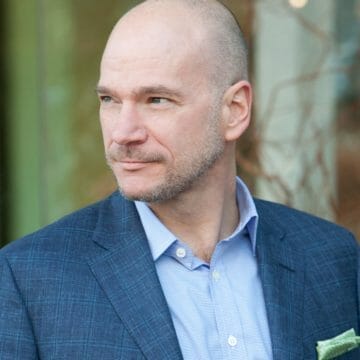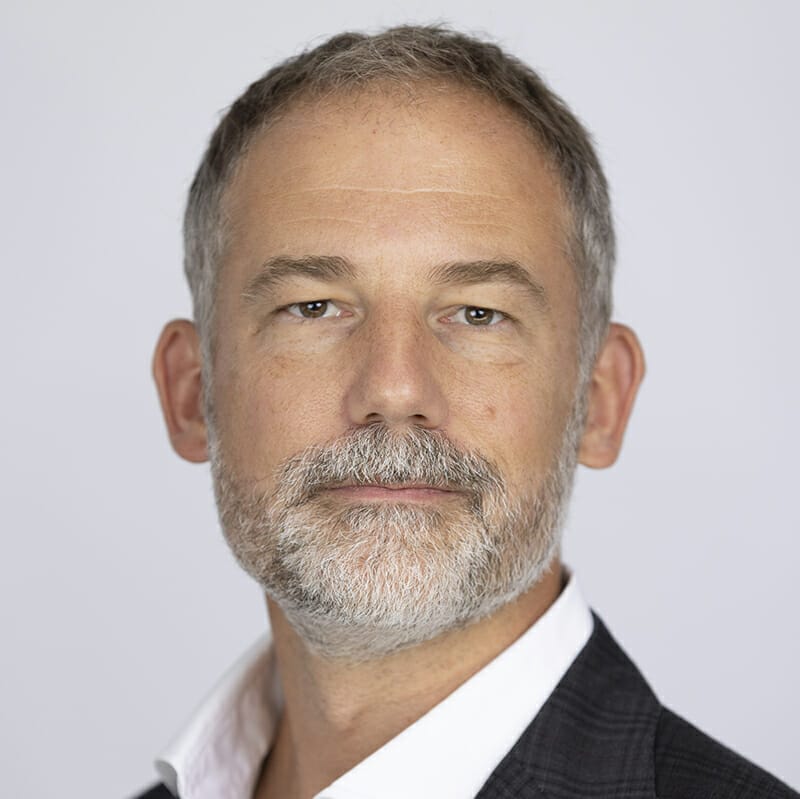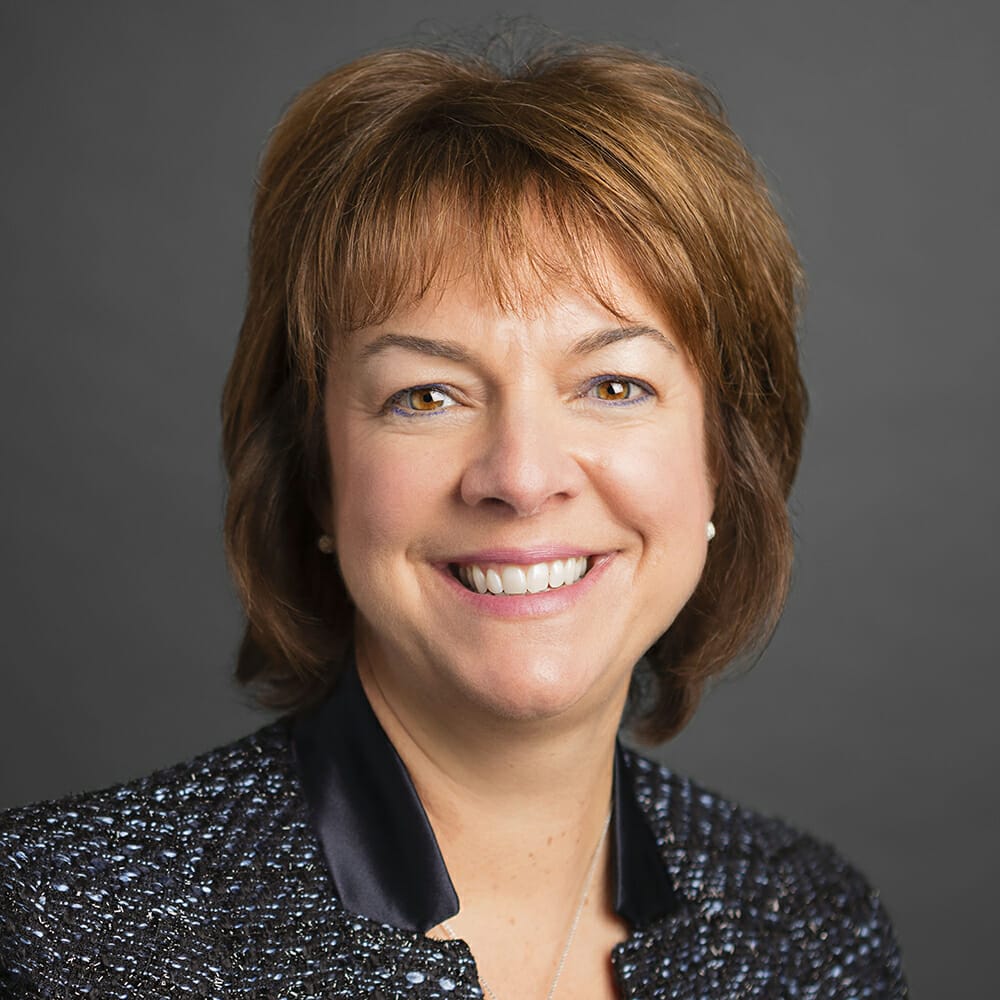Videos
Learn More About George Westerman
“Technology changes quickly, but organizations change much more slowly.” George Westerman coined the first law of digital innovation five years ago but he’s been working with executives on these issues for more than thirty years.
A rare kind of strategist whose experience as a researcher, academic and corporate leader uniquely positions him to speak the language of both senior executives and technology professionals, Westerman goes beyond helping decision makers understand what’s happening in the digital space to showing them what to do about it – and how to prepare for what’s ahead.
Westerman has a knack for helping leaders understand what’s happening with new technology trends and what actions they can take to prosper. He began his pioneering research on digital transformation began before the term was even popular. Through three eras of digital transformation, he has worked with leadership teams to help them identify opportunities, understand management requirements, and build digital ready culture.
Now, with numerous Harvard Business Review articles, Sloan Management Review podcasts, and multiple executive workshops, he is doing the same for artificial intelligence and generative AI. He helps CEOs and their teams understand how to make sense of the trends and how they can position their companies for success, including knowing the questions to ask, the answers to expect, and the opportunities to anticipate.
With more than 20 years of experience in the MIT Sloan School of Management, Westerman is a practical visionary with a futurist’s eye. Equal parts shepherd, bridge builder, storyteller and translator, he continually studies the transformations that new and emerging technologies will enable in organizations. He then identifies related leadership trends and develops clear, research-backed frameworks that help leaders make sense of what to do.
# # #
George Westerman is a senior lecturer at MIT Sloan School of Management, founder of the Global Opportunity Forum, co-chair of the MIT Sloan CIO Leadership Awards, a member of the US Library of Congress Digital Strategy Roundtable, a Learning Strategy Advisor to the World Health Organization, and faculty director for three executive courses at MIT. As a senior lecturer with MIT Sloan, he conducts research and executive workshops that help leaders understand emerging trends and what to do about them. As founder and principal research scientist for the Global Opportunity Forum at MIT, he is helping to reshape the nature of workforce learning around the world. A globally-recognized pioneer in digital transformation research, he has published papers in Harvard Business Review, Sloan Management Review, and other top journals. Prior to earning a doctorate from Harvard Business School, he gained more than a dozen years of experience in product development and technology leadership roles.
George Westerman is available to advise your organization via virtual and in-person consulting meetings, interactive workshops and customized keynotes through the exclusive representation of Stern Speakers & Advisors, a division of Stern Strategy Group®.
What Every Executive Needs To Know About AI
In today’s business environment, every leader needs to consider the potential of artificial intelligence (AI). But not every leader feels comfortable doing that. In this engaging session, which can be delivered in keynote or workshop format, MIT researcher and digital transformation pioneer George Westerman will provide you with the information you need to be confident in talking about AI and making decisions about it. He’ll demystify AI and provide an executive-level overview of key categories including generative AI, deep learning, rule-based systems and other models. Participants will explore practical applications across various sectors, highlighting the transformative potential and potential risks for customer experience, operations, decision-making, and employee careers. This is not a technical discussion; it’s a leadership one that reveals what every leader needs to know about these fast-moving technologies. Audiences walk away ready to ask the right questions and make the right decisions about how to lead an organization through the AI revolution.
Leading the New Era of Digital Transformation
Companies and researchers have been talking about digital transformation for many years. While not all organizations are good at it yet, most understand the key concepts. But, in leading digital transformation, much more is needed than just speaking the language or choosing and executing digital projects, says MIT researcher and digital transformation pioneer George Westerman. A new wave of capability and change is now emerging as critical to success for companies and individuals. Drawing on more than ten years of research and working closely with executives, Westerman shares his latest insights on how to prepare your company for long-term success in the digital economy.
IT for the Non-IT Executive
For nearly 20 years, George Westerman’s MIT Sloan executive education course on the non-IT executive has drawn business leaders from around the world who want to improve the way their IT units and CIOs deliver for the company. They learn frameworks and just enough about technology to allow them to make better, more informed decisions. In this presentation, Westerman condenses two full days of executive education into the essential elements needed to improve the way executives interact with their IT staff so, together, they can deliver for the business.
Digital Enough: Building a Digital-Ready Culture in a Traditional Firm
Top executives often lament that “culture eats strategy for breakfast.” But if you build the right culture, you can eat the lunch of your competitors. While it’s tempting to try copying the culture of digital native companies such as Amazon, Facebook and Google, it’s tough to do when you can’t hire, fire, pay, or manage in the same way that those companies do. Fortunately, MIT professor George Westerman’s research with more than 500 companies shows that traditional companies can build a digital-enough culture that can thrive. You can get the speed and innovativeness you need while preserving the best of what has made you strong. In this session, he examines the values and practices that can help you win in today’s fast-moving, digitally powered markets.
Participants will leave this session understanding:
- What’s wrong with just trying to copy the cultures of digital darlings like Google and Amazon
- The key values and practices of digital-ready culture for traditional firms
- What to start, keep, and reorient to build a digital ready culture
- Numerous case studies and examples to help you make it happen
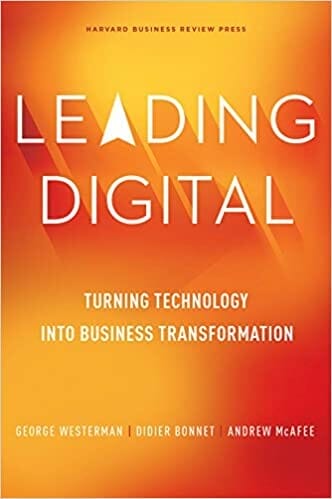
Leading Digital: Turning Technology into Business Transformation
(Harvard Business Review Press, October 2014)
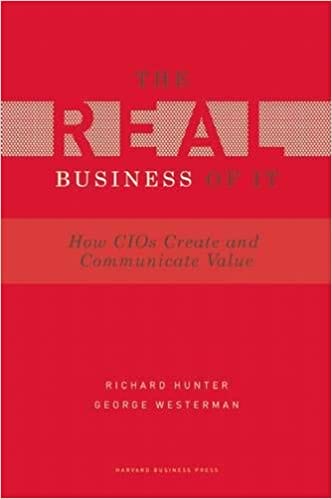
The Real Business of IT: How CIOs Create and Communicate Value
(Harvard Business Press, October 2009)
Ask us about George Westerman’s hands-on experiences that take learning beyond the boardroom.
Building Capabilities and Culture for Digital Transformation
MIT professor George Westerman and his collaborators have been studying digital transformation for more than a decade – from before it was a term anyone used. During that time, they have continually provided useful research-based frameworks and examples to help leaders get a handle on digital transformation – what it is, what capabilities they need, and what it can mean for the future of their companies. In this workshop, Westerman will help you diagnose your digital transformation capabilities and identify strategies to become a digital master. Using numerous examples, he’ll show you where to look for opportunities and how to build a culture that can beat digital startups. This workshop can be tailored for board level, top management team and middle management, depending on where you want to start driving digital transformation in your company.
The Future of Work in the Post-Covid Era
For decades, automation and technology innovation have changed the mix of skills businesses require. The Covid-19 crisis created a discontinuity in these trends. As businesses reopened, they were different from the past – both in the work they do and the skills their workers need. The “future of work” conversation that has been taking place in recent years has much more urgency now. How will jobs change as we return to “normal”? Which skills and jobs will grow or shrink in demand? What does this mean for workers who will need to learn new skills to cope with these changes? How do we reskill and upskill in ways that meet the needs of employers and employees, and how quickly can we do that? In this hands-on workshop, MIT professor George Westerman works closely with participants to help them understand how the pandemic changed the nature of and demand for certain skills and makes projections about how these changes will affect their company’s future.
Transforming IT From Struggle to Strategic Asset
In too many companies, IT is seen as a black hole. Money time and attention go into it, and little ever gets out. But MIT professor George Westerman’s nearly 20 years studying IT, including an award-winning book on the topic, shows that there is a way to fix this problem. Whether you’re inside or outside of IT, you can take specific steps to help your IT leaders communicate better, deliver better, and provide continuous strategic value to your company. Drawing on frameworks from his long-running course Essential IT for Non-IT Executives, and numerous examples from co-chairing the MIT Sloan CIO Leadership Awards, Westerman will help you turn your IT unit into the strategic asset you need it to be. This workshop can work successfully for IT leaders, or, even better, non-IT leaders in collaboration with their IT counterparts.
"Day 3 at MIT Professional Education – another insightful day packed with deep discussions on corporate resilience, sustainability, AI and the evolving carbon economy. One of the standout moments? Dr. George Westerman’s Masterclass on 'Making Business Sense of AI.' His ability to cut through the AI hype and focus on what truly matters for business leaders made this one of the most thought-provoking sessions of the program. The strategic takeaways and real-world applicability of AI in leadership were invaluable – I’m eager to revisit and reflect on this session."
“George hit a home run with our group. He does an amazing job breaking down a complex topic in a way everyone can understand. Great having George with us; our team loved him.”

















